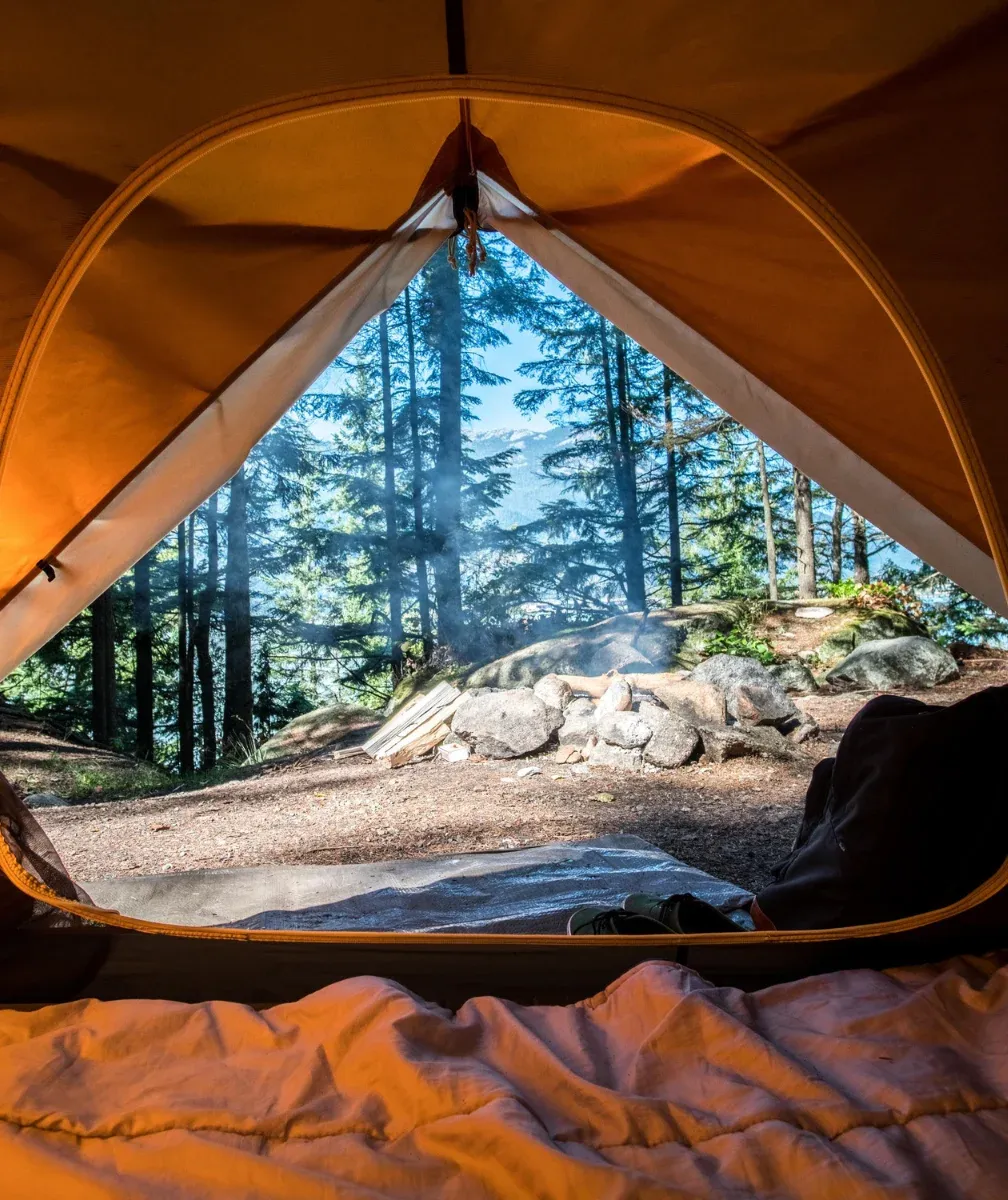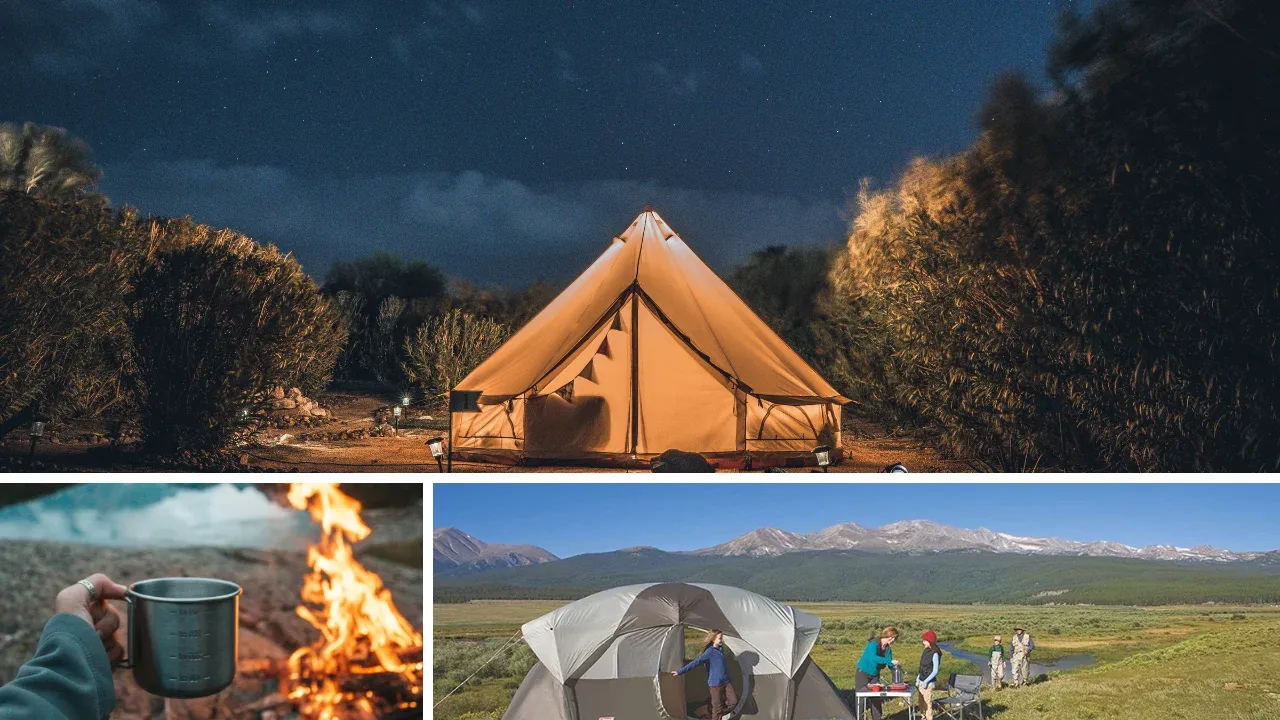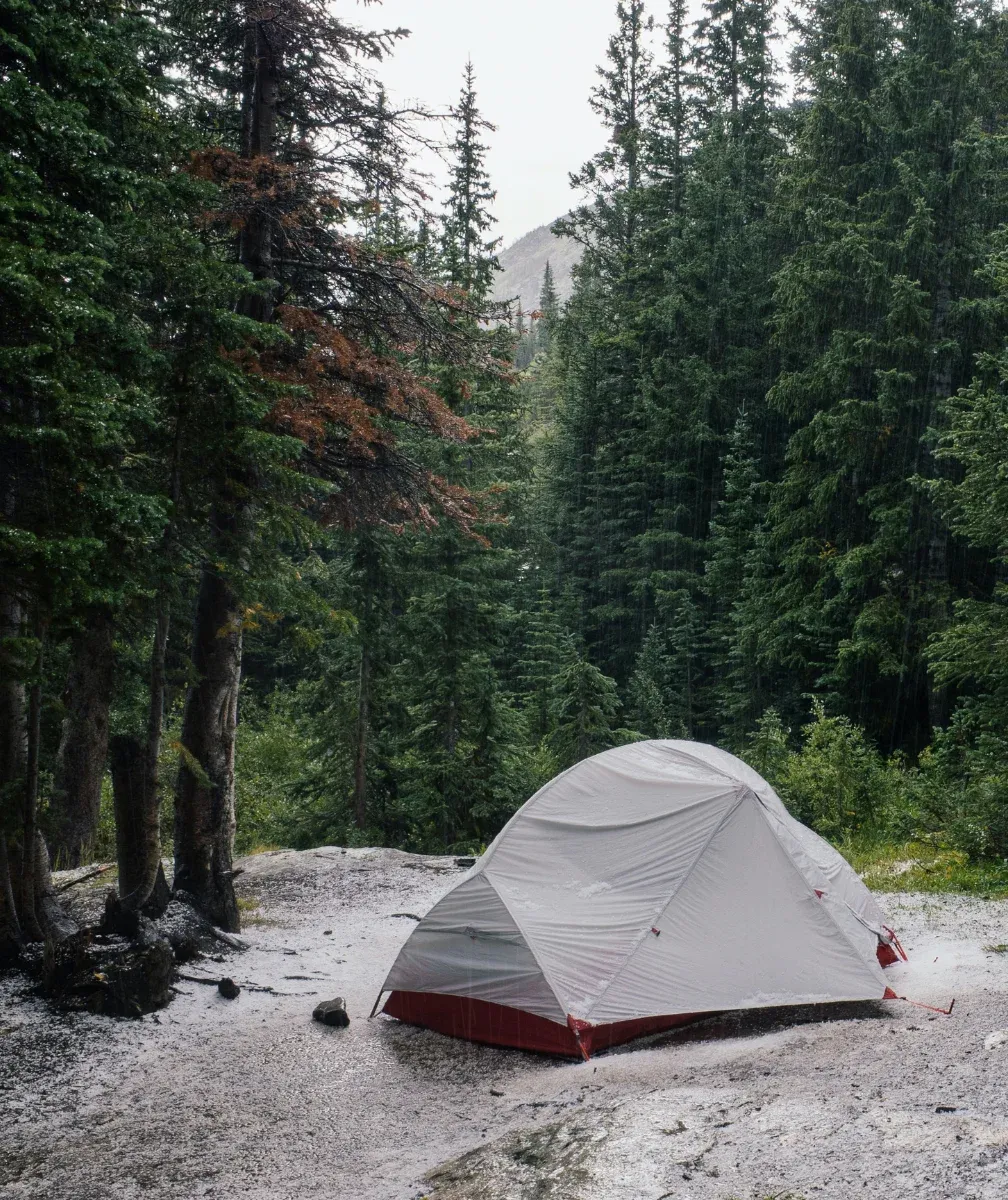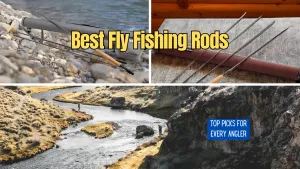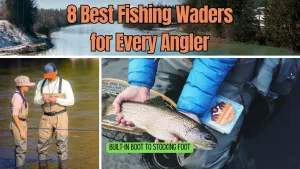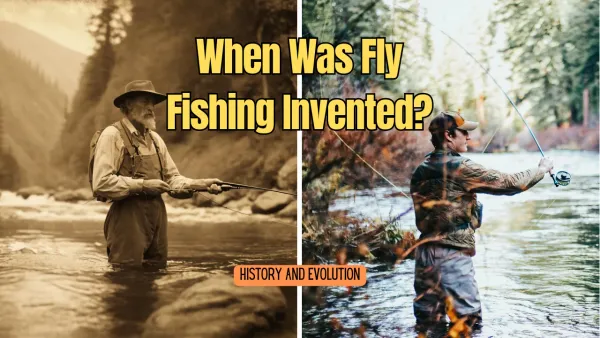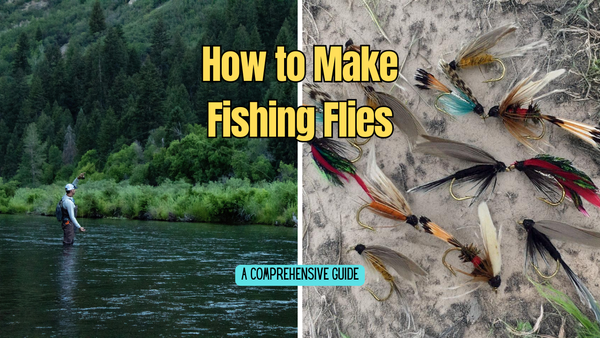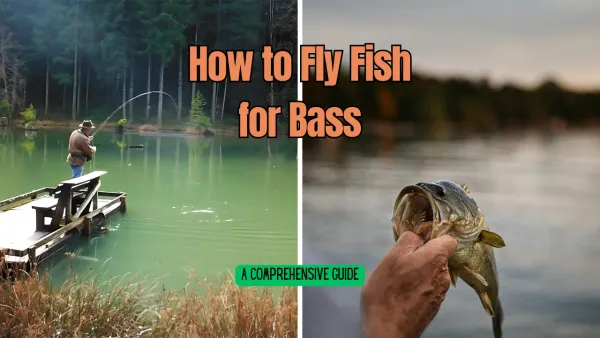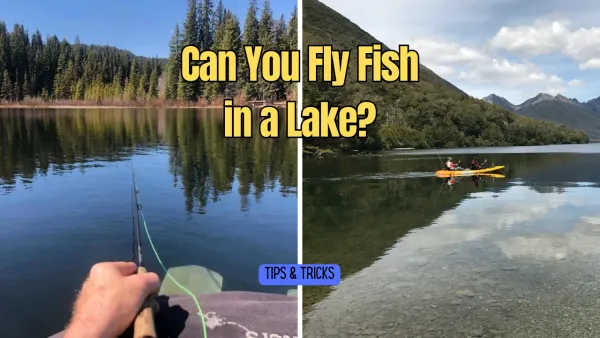Worried about what type of camping tent is right for you?
Don't worry, we're here to help! In this guide, we'll discuss important tips that will make sure you get the perfect tent for your next camping trip.
With all of the different options on the market, it can be tough to determine which one is right for you. But don't worry - we've got you covered! This guide will teach you everything you need to know about buying a camping tent.
So whether you're a first-time camper or an experienced outdoorsman, this guide has something for everyone.
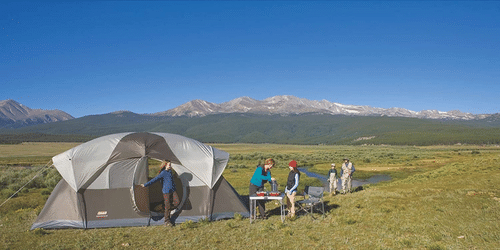
Factors To Keep In Mind
Tents vary widely in price, from under $100 to well over $1000, so it's important to set a budget before you start shopping. When choosing a tent, it's also important to consider your intended use and the climate you'll be camping in.
If you're planning on a long backpacking trip, you'll need a lighter, more compact tent that's easy to carry. For car camping or base camping, you can choose a heavier tent that's more comfortable and spacious.
If you'll be camping in warm weather, you'll want a tent with good ventilation to avoid feeling stuffy. For cold-weather camping, you'll want a tent that's well-insulated to keep out the chill. Whatever your needs, there's a tent out there that's perfect for you.
Tent Features
When it comes to choosing a tent, there are a few things to consider. First, what type of material do you want the tent to be made from? There are options like nylon, polyester, and canvas, each with its own pros and cons.
Next, what type of structure do you want? A freestanding tent can be pitched on any surface, while a stake-down tent needs to be anchored into the ground. Most tents also come with a rainfly, which helps to keep the inside of the tent dry in case of rainfall. Finally, many tents also come with a footprint. This is a piece of fabric that goes under the tent and helps to protect the bottom from moisture and wear and tear.
With all these factors to consider, it's important to take your time when choosing a tent. But once you've found the perfect one, you'll be ready for any camping adventure.
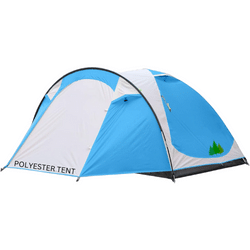
Tent Fabric
Nylon
When choosing a tent, one of the most important considerations is the material from which it is made. Nylon is a popular choice for tents, as it is lightweight and strong. However, nylon does not provide any protection from water, so most tents that are made from nylon are coated with a waterproof barrier.
The most common waterproofing materials are silicone, acrylic, and polyurethane (PU). These coatings help to increase the durability of the tent and reduce the likelihood of tearing. In addition, they help to keep the interior of the tent dry in rainy weather. When choosing a nylon tent, be sure to consider the weight, waterproofing, and durability in order to find the best option for your needs.
Polyester
Polyester is a synthetic fabric that is often used for tents. It is less expensive than other fabrics, such as nylon, and it is also less likely to stretch or sag. Polyester tents are available in a variety of weights, depending on the intended use. For example, a lightweight polyester tent might be suitable for camping in warm weather, while a heavyweight polyester tent would be better suited for cold weather camping.
When choosing a polyester tent, be sure to select one made from high-quality fabric. A ripstop weave will help to prevent tears, and the thicker the fabric, the more durable the tent will be.
Canvas
Canvas tents have been used for centuries, and for good reason. They are sturdy and long-lasting, able to withstand heavy use and harsh weather conditions. Canvas is also one of the heaviest materials available, making it ideal for base camps and long-term use. And because canvas is breathable, it doesn't get as hot in warm weather or as cold in winter weather. In addition, canvas tents provide much better protection from the elements than lighter-weight materials. So if you're looking for a reliable and durable tent, canvas is the way to go.
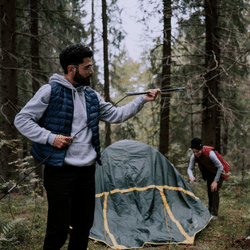
Tent Poles
Fiberglass
The most common materials used for tent poles are aluminum, carbon fiber, steel, and fiberglass. Of these, fiberglass is the most inferior. Fiberglass poles are more likely to shatter than poles made of other materials. Additionally, they are often cheaper and come with lower-quality tents. For these reasons, it is best to avoid fiberglass tent poles if possible. Aluminum and carbon fiber poles are stronger and more durable, making them a better choice for most situations.
Aluminum
Aluminum tent poles are the most commonly used type of tent pole today. Aluminum is lighter and stronger than fiberglass, making it ideal for use in camping and backpacking tents. However, aluminum is also more expensive than fiberglass, making it a less popular choice for budget-minded campers. Despite its higher cost, aluminum tent poles are the preferred choice for serious campers and backpackers who value strength and durability over price.
Carbon Fiber
Carbon fiber is a material that is often used in high-end, straight-pole tents. It is prized for its lightweight properties, as it is much lighter than other materials such as aluminum. However, carbon fiber has one major downside: it is very fragile and can snap easily if it is bent too far. As a result, campers who use tents with carbon fiber poles need to be careful when setting up their campsites and be sure to avoid putting any undue stress on the poles.
Despite this potential drawback, the benefits of carbon fiber make it a popular choice for many campers who are looking for a lightweight and durable tent.
Steel
When you're looking for a sturdy, reliable tent to take on your next camping trip, be sure to check out steel tent poles. These poles are used in fixed-position tents, which means they're designed to provide a sturdy frame that can withstand wind and weather.
They're also usually used with canvas tents, which makes them a good choice if you're looking for a heavy-duty option. Steel tent poles are the heaviest and strongest option available, so you can rest assured that your tent will be able to stand up to anything Mother Nature throws its way.
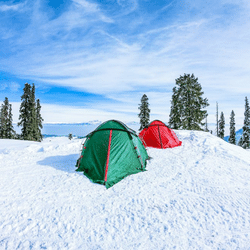
Season Rating
3 Season Tents
3 season tents are designed to be used in spring, summer, and fall. They are lightweight and can handle strong wind and rain. These tents have excellent ventilation to keep you cool in the summer and warm in early spring and late fall. 3 season tents are a great investment for any camper or hiker.
4 Season Tents
4 season tents are the most expensive type of tents, with most models costing over $500. They are mainly meant for winter use, as they are designed to handle extreme snowy conditions and harsh winds. These tents are built very strong, in order to handle heavy snow loads. However, this extra strength comes at the expense of weight and overall size - 4 season tents are typically much heavier and bulkier than 3 season tents.
In addition, 4 season tents usually have fewer windows and ventilated areas, in order to keep warmth inside the tent. For these reasons, 4 season tents are not ideal for backpacking or other types of camping where weight and packability are major concerns. But if you're planning a winter camping trip, a 4 season tent is essential to keep you warm and dry.
Picking Your Perfect Tent
So, what is the best tent to buy? After reading through thousands of user reviews and analyzing trusted brands, our team has compiled a list of the top-rated tents that you can purchase. Whether you’re looking for a large family tent or something lightweight for backpacking, we have you covered. Be sure to check out our other articles on camping tents for more information and reviews. And as always, happy camping!
